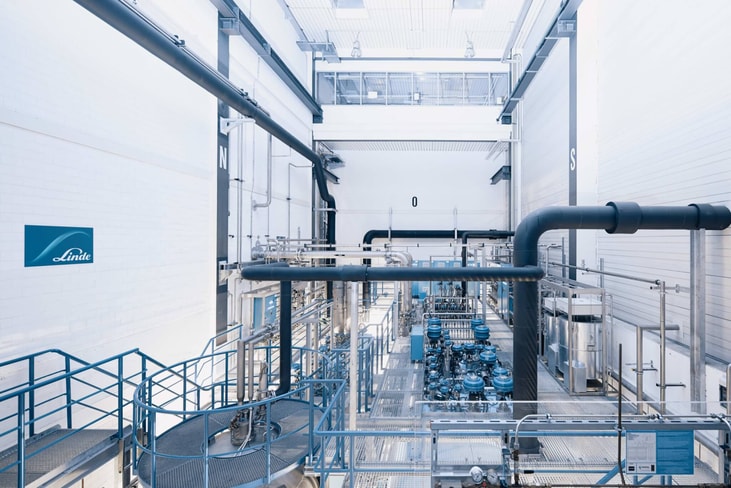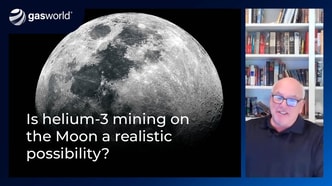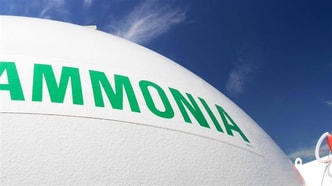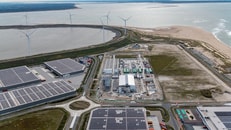Linde Engineering to supply supercooling for utility-scale quantum computer
The engineering arm of industrial gas major Linde will design and deliver one of the world’s largest cryogenic cooling plants to support a utility-scale quantum computer in Brisbane, Australia, operated by computing company PsiQuantum.
In this context, utility-scale refers to a quantum computer whose computational value outweighs its cost, making it viable for real-world use.
The plant will cool tens of thousands of photonic chips to near absolute zero, or -269°C, enabling PsiQuantum’s system to maintain the quantum states needed for scalable quantum computation.
... to continue reading you must be subscribed
























